Here’s a list of interesting pregnancy facts that span biology, culture, and some quirky trivia:
Pregnancy is one of the most profound biological processes in human existence, marking the beginning of new life. It is a period filled with physical changes, emotional transitions, and incredible development inside the womb. Despite being a common experience globally, many people are unaware of the fascinating facts and truths that surround pregnancy. This article aims to explore essential and surprising facts about pregnancy, offering insight into what really happens during these nine months.
What is Pregnancy?
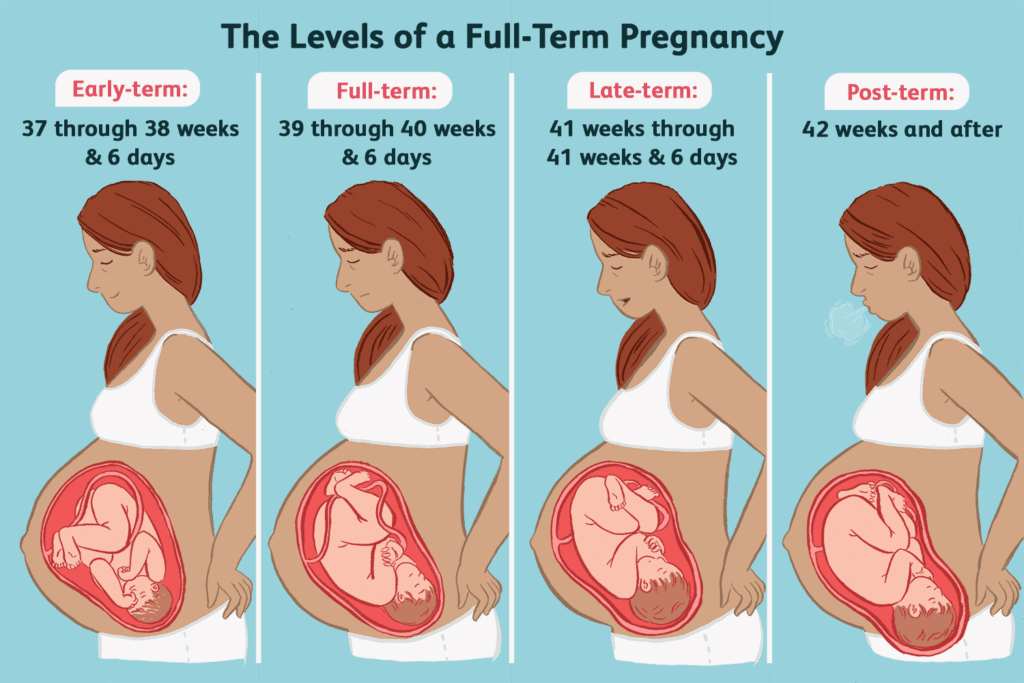
Pregnancy is the process through which a fertilized egg develops into a fetus and eventually a baby inside a woman’s uterus. It usually lasts around 40 weeks from the first day of the last menstrual period, divided into three trimesters:
- First trimester (Week 1–12): Major organs and structures begin to form.
- Second trimester (Week 13–26): The fetus grows and develops functional organs.
- Third trimester (Week 27–40): The fetus gains weight, and final developments occur.
Fertilization: Where Life Begins
Pregnancy begins when a sperm fertilizes an egg in the fallopian tube. The fertilized egg (zygote) travels to the uterus and implants itself in the uterine lining. This process usually occurs within 6 to 12 days after ovulation.
Interestingly, while fertilization can only happen within a 24-hour window after ovulation, sperm can survive inside a woman’s body for up to five days, making the fertile window longer than many think.
Early Signs of Pregnancy
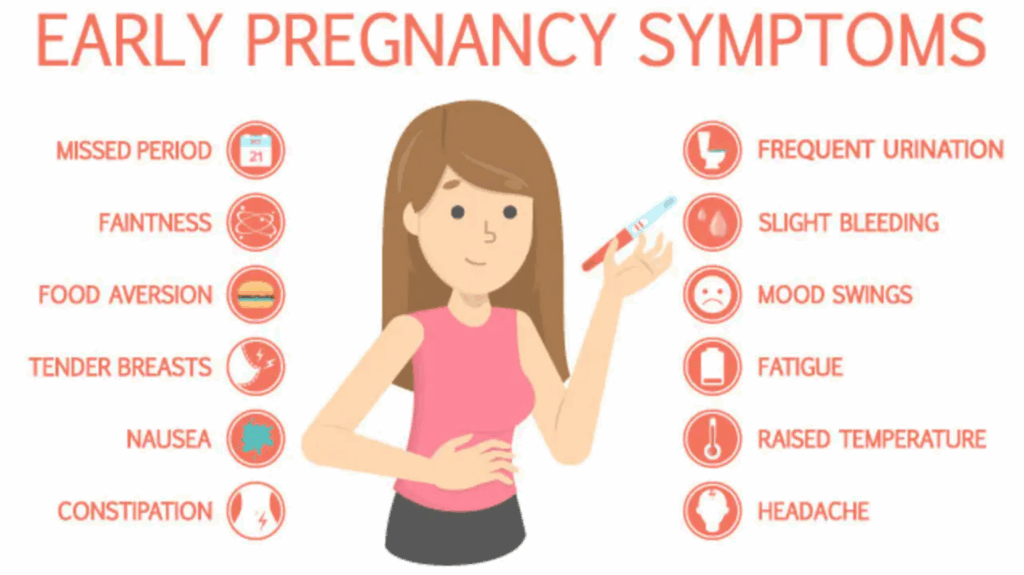
The most common early sign is a missed period, but others include:
- Nausea or vomiting (often called morning sickness, though it can happen anytime)
- Fatigue
- Frequent urination
- Breast tenderness
- Mood swings
- Mild cramping or spotting (implantation bleeding)
However, symptoms vary widely among individuals—some may experience them intensely, while others may notice very little change.
The Role of Hormones
Hormonal changes drive much of what happens in pregnancy. Key hormones include:
- hCG (human chorionic gonadotropin): Detected in pregnancy tests, it supports the early development of the embryo.
- Progesterone and estrogen: Help maintain the uterine lining and prepare the body for birth.
- Relaxin: Loosens ligaments in preparation for childbirth.
- Oxytocin: Plays a key role in labor contractions and bonding after birth.
Hormonal shifts can affect not only physical health but also mood, digestion, and energy levels.
The Baby’s Development
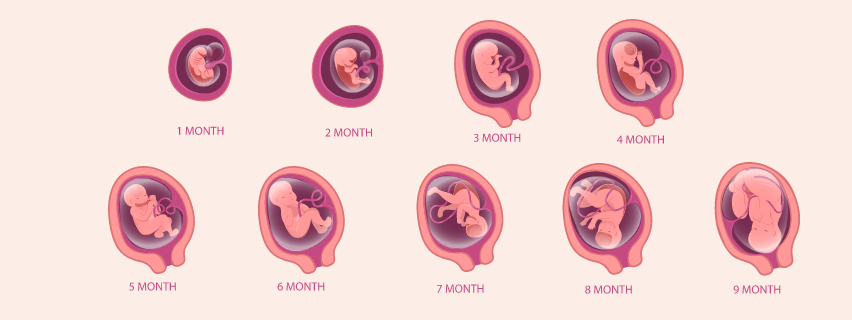
- Week 4: The embryo is the size of a poppy seed, and the heart begins to form.
- Week 6: A heartbeat can often be detected by ultrasound.
- Week 12: Most major organs are in place.
- Week 20: The baby can hear sounds, and the mother may feel movements (known as quickening).
- Week 28–32: The brain and lungs mature, and the baby begins to develop sleep-wake cycles.
- Week 37–40: The baby is considered full-term and ready for birth.
Amazingly, a fetus can even recognize the mother’s voice before birth.
Changes in the Mother’s Body
Pregnancy affects nearly every organ and system in the body. Common changes include:
- Weight gain: Most women gain between 11–16 kg (25–35 lbs) depending on various factors.
- Heart and blood volume: A pregnant woman’s blood volume increases by about 50% to support the baby.
- Breasts: Prepare for breastfeeding by becoming larger and more sensitive.
- Skin: Some women develop “pregnancy glow”, while others might experience stretch marks, melasma, or acne.
- Digestive issues: Heartburn and constipation are common due to hormonal effects and pressure from the growing uterus.
Nutrition and Lifestyle
A balanced diet is essential during pregnancy, rich in:
- Folic acid: Prevents neural tube defects.
- Iron: Supports increased blood volume and prevents anemia.
- Calcium: Helps build baby’s bones and teeth.
- Protein: Essential for growth and repair.
Pregnant women should avoid alcohol, smoking, excessive caffeine, and raw or undercooked foods. Regular prenatal checkups are also crucial for monitoring health and fetal development.
Common Pregnancy Myths vs. Facts
- Myth: You’re eating for two.
- Fact: Caloric needs increase slightly, but overeating can be unhealthy. Most women need only about 300 extra calories a day in the second and third trimesters.
- Myth: The baby’s gender can be predicted by belly shape.
- Fact: Gender can only be confirmed via medical imaging or genetic testing.
- Myth: Heartburn means the baby will have a lot of hair.
- Fact: While there is limited evidence linking hormone levels and fetal hair growth, it’s mostly coincidental.
Emotional and Psychological Changes

Pregnancy brings a roller coaster of emotions. While excitement is common, so are anxiety and mood swings due to hormonal fluctuations. Some women experience prenatal depression or pregnancy-related anxiety, which is important to address with professional support.
Support from family, a stable environment, and communication with healthcare providers can greatly enhance mental well-being during pregnancy.
Multiple Pregnancies and Variations
- Twins occur in about 1 in 250 natural pregnancies.
- Fraternal twins result from two eggs being fertilized; identical twins come from one egg splitting.
- Triplets and beyond are rarer and usually involve fertility treatments.
Multiple pregnancies often require extra monitoring and may carry higher risks of complications such as preterm birth.
Labor and Delivery
Labor can begin spontaneously or be medically induced. It consists of three main stages:
- Early and active labor: Cervix dilates from 0 to 10 cm.
- Pushing and delivery: The baby is born.
- Delivery of the placenta: Occurs shortly after the baby is born.
Labor can last a few hours to over 24 hours, especially in first-time mothers. Pain management options include breathing techniques, epidurals, and medications.
Postpartum Period
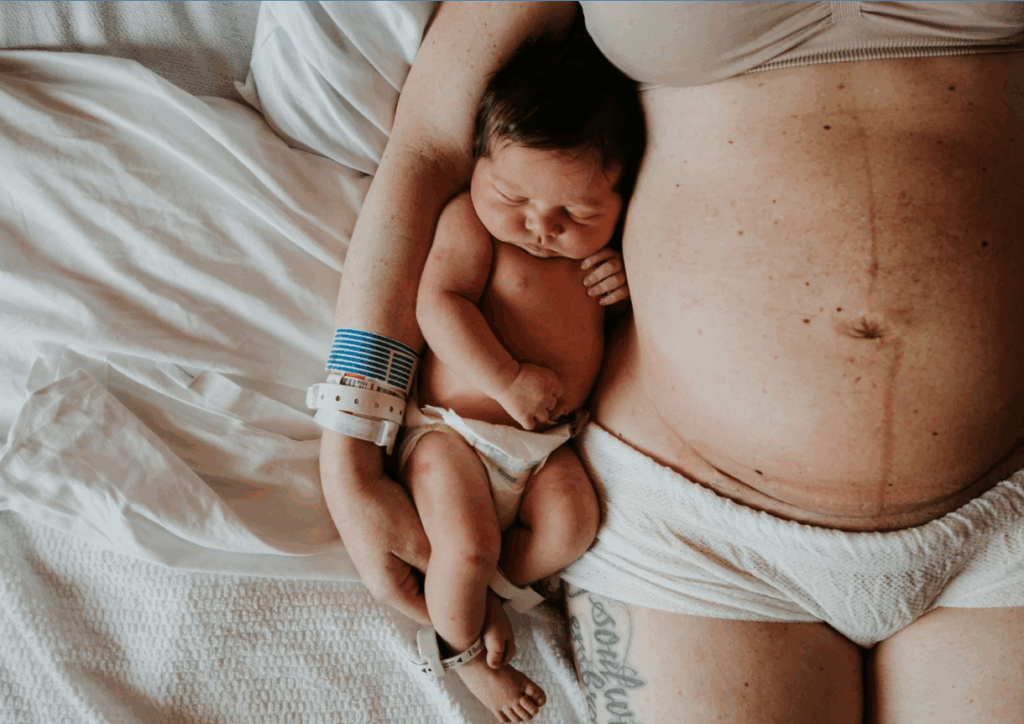
The postpartum or “fourth trimester” is a critical time for recovery and bonding. It includes:
- Physical healing: Uterine shrinkage, vaginal healing, and hormonal regulation.
- Breastfeeding: Milk production usually starts within a few days.
- Emotional adjustment: Many women experience “baby blues,” and some develop postpartum depression, which requires support and care.

































































































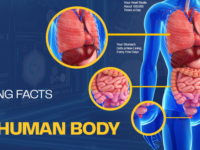





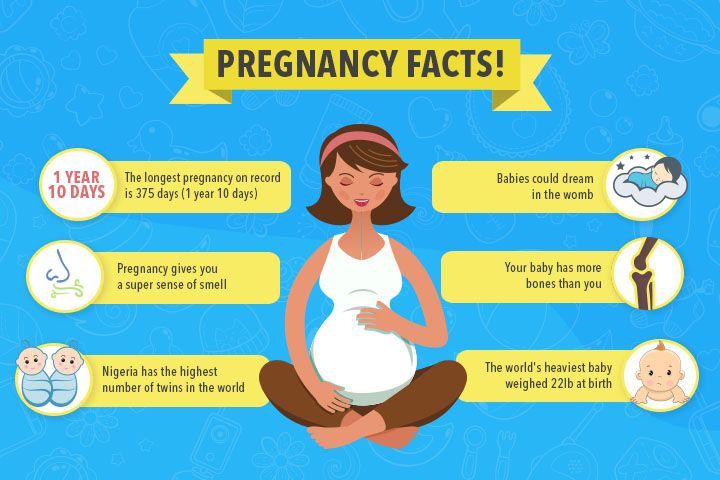
0 Comments